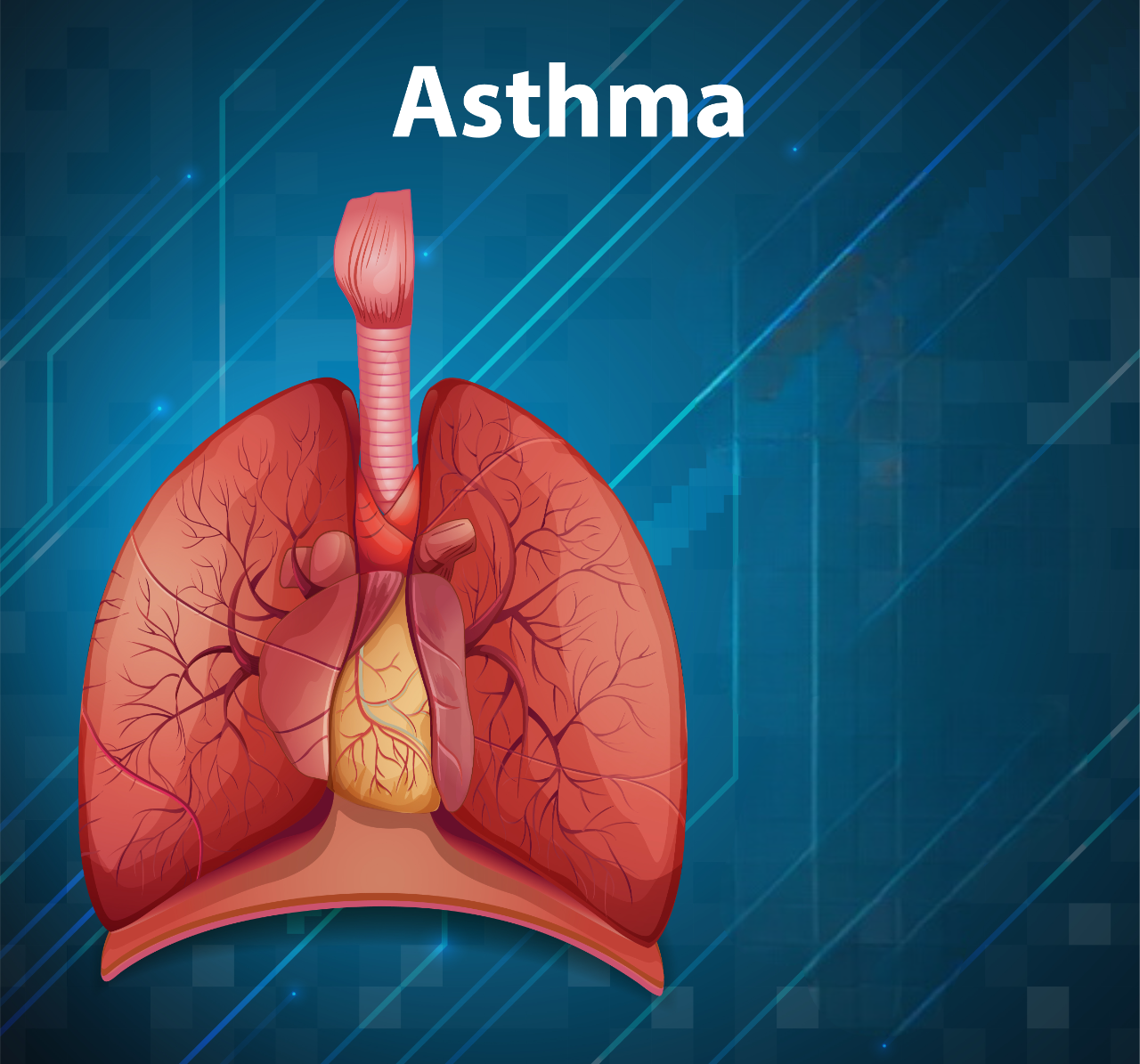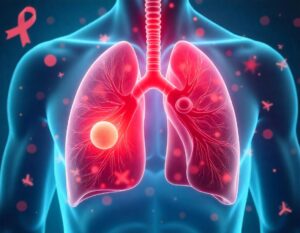Asthma is a chronic respiratory condition that affects millions of people worldwide, including those in Kerala, India. The state’s tropical climate, characterized by high humidity, frequent rainfall, and fluctuating temperatures, can exacerbate asthma symptoms, making it crucial for individuals to adopt specific strategies to manage their condition effectively.
Understanding Asthma and its Triggers
Asthma is a condition in which the airways become inflamed, leading to difficulty in breathing. Common symptoms include wheezing, shortness of breath, chest tightness, and coughing. While asthma triggers vary from person to person, environmental factors play a significant role in aggravating symptoms. In Kerala, the humid climate is a key factor that can trigger asthma attacks.
Key Triggers in Kerala’s Climate:
- Humidity: High humidity levels can increase the likelihood of mold growth and dust mites, both of which are common asthma triggers.
- Pollens: Kerala’s lush greenery contributes to high levels of pollen, which can exacerbate allergic reactions in asthma patients.
- Airborne Pollutants: Urbanization has led to increased air pollution in Kerala’s cities, contributing to poor air quality, which can irritate the airways.
Tips for Managing Asthma in Kerala’s Humid Climate
1. Monitor Indoor Humidity Levels: Maintaining an indoor humidity level of 30-50% can reduce the presence of mold and dust mites. Use a dehumidifier to control moisture levels, especially during the monsoon season.
2. Keep Your Living Space Clean: Regular cleaning helps minimize exposure to dust, pollen, and pet dander. Use a vacuum cleaner with a HEPA filter and wash bed linens frequently in hot water.
3. Use Air Conditioning Wisely: Air conditioning can help reduce indoor humidity and filter out pollutants. Ensure that your AC unit is regularly serviced and its filters are clean to prevent the circulation of dust and allergens.
4. Monitor Air Quality: Stay informed about local air quality levels. On days when pollution levels are high, it’s advisable to stay indoors and limit outdoor activities, particularly in the early morning and late evening when pollution tends to be worse.
5. Avoid Pollen Exposure: During the flowering season, pollen counts can be high. Keep windows closed during high pollen times, shower after being outside, and consider using an air purifier with a HEPA filter to reduce indoor pollen levels.
6. Stay Hydrated: Humid conditions can cause dehydration, which can worsen asthma symptoms. Drink plenty of fluids to keep your airways moist and clear of mucus.
7. Maintain a Healthy Diet: A balanced diet rich in fruits, vegetables, and omega-3 fatty acids can help reduce inflammation in the airways. Foods rich in antioxidants, such as berries and leafy greens, can also help protect the lungs.
8. Take Precautions During Monsoon: The monsoon season in Kerala can be challenging for asthma sufferers due to increased humidity and mold growth. Use mold-resistant paints and ensure proper ventilation in your home to prevent mold buildup.
9. Practice Breathing Exercises: Breathing exercises, such as diaphragmatic breathing and pursed-lip breathing, can help strengthen the lungs and improve airflow, making it easier to manage asthma symptoms.
10. Stay on Top of Your Medication: Work closely with your healthcare provider to manage your asthma medication. Ensure that you have an asthma action plan in place and know how to use your inhaler correctly.
Working with Healthcare Providers
Regular check-ups with a pulmonologist are essential for managing asthma effectively. Your doctor can help you adjust your medication based on the severity of your symptoms and provide advice tailored to your specific needs in Kerala’s climate.
When to See a Doctor:
- If you notice an increase in the frequency or severity of asthma attacks.
- If your current medication is not controlling your symptoms effectively.
- If you experience side effects from your asthma medication.
Lifestyle Adjustments for Asthma Management
In addition to environmental controls and medication, making certain lifestyle changes can significantly improve your ability to manage asthma in Kerala.
1. Exercise with Caution While regular exercise is important for overall health, it can be challenging for those with asthma, especially in humid conditions. Opt for indoor activities in a controlled environment to avoid exposure to pollen and pollution.
2. Smoking and Secondhand Smoke Smoking is a major trigger for asthma, and so is exposure to secondhand smoke. If you smoke, seek help to quit, and avoid environments where you might be exposed to smoke.
3. Stress Management Stress and anxiety can trigger asthma symptoms. Engage in stress-reducing activities such as yoga, meditation, or tai chi, which can also improve breathing and lung function.
4. Educate Yourself Understanding your condition is key to managing it. Stay informed about the latest asthma treatments and management strategies, and don’t hesitate to ask your healthcare provider questions.
5. Community Support Joining a support group for asthma sufferers can provide emotional support and practical tips for managing asthma in Kerala’s unique climate.
Conclusion
Managing asthma in Kerala’s humid climate requires a combination of environmental control, lifestyle adjustments, and close collaboration with healthcare providers. By taking proactive steps to minimize exposure to triggers and maintain overall health, individuals with asthma can lead a full and active life, even in a challenging climate. Remember, the key to effective asthma management is understanding your condition and staying prepared.
Take control of your respiratory health today. At Apex Pulmonology Center, our expert team is dedicated to providing you with personalized care in a compassionate environment. Whether you’re dealing with asthma, COPD, or any other lung condition, we’re here to help you breathe easier. Don’t wait—schedule your consultation now and start your journey to better lung health with us.







